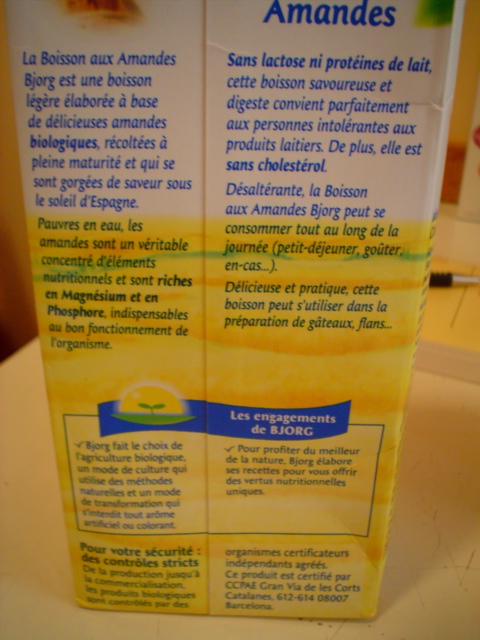What does "food safety" mean?
To me and the other two thousand food safety geeks who will converge in Florida at the annual International Association for Food Protection meeting next week, food safety means keeping disease-causing microbes (along with chemical and physical hazards) out of food.
Ask your neighbor, and they’ll say food safety is something to do with nutrition, allergies, calories, and anything else.
So if food safety is a broad term, is food safety also a term that is broadly manipulated?
 Despite the protestations of grocers and manufacturers and producers, food is already extensively marketed and differentiated on safety — or at least perceptions of safety.
Despite the protestations of grocers and manufacturers and producers, food is already extensively marketed and differentiated on safety — or at least perceptions of safety.
The California Marketing Agreement covering leafy greens is talking about some sort of label representing certification on bags of lettuce and spinach. Is that implying safety?
Cauliflower, with a Primus Lab sticker that says, "When food safety counts," found in a large Guelph, Ontario, supermarket last year is pushing something.
Organic, natural, hormone-free, additive free: it’s all directed at implied safety.
Below are a couple of images of organic almond milk purchased in France while Amy and I were touring about.
The approximate translation of the small print is:
"Bjorg’s commitments
– Bjorg chooses organic agriculture, a mode of cultivation that uses natural methods and processing that forbids all artificial flavorings and colors.
– To take advantage of the best part of nature, Bjorg creates recipes to offer you unique nutritional virtues.
For your security: strict controls
From production through to marketing, these organic products are controlled by certifying organizations that are independently registered. This product is certified by CCPAE Gran Via de les Corts Catalanes, 612-61E-08007 Barcelona."
Forget the implications. Provide meaningful measures of microbial food safety and American consumers, already inundated with food safety stories of the microbial kind, will buy it.


